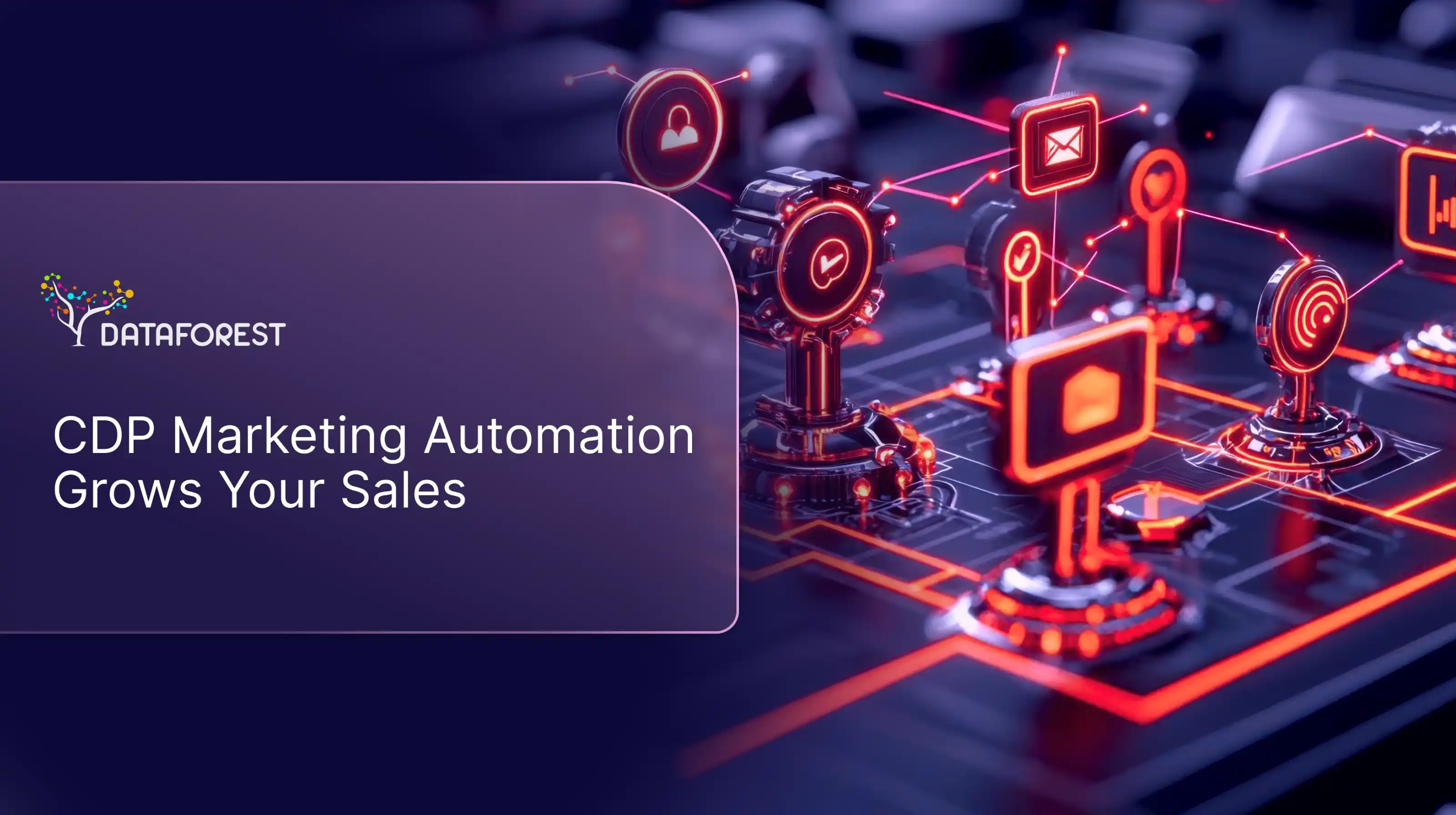Share
Table of contents:
GDPR (General Data Protection Regulation)
.webp)
GDPR (General Data Protection Regulation) is a comprehensive data protection law enacted by the European Union (EU) to regulate the collection, processing, storage, and transfer of personal data of individuals within the EU and the European Economic Area (EEA). Implemented on May 25, 2018, GDPR establishes strict guidelines for how organizations worldwide must handle personal data, giving individuals enhanced rights over their information and imposing significant obligations on data controllers (those who determine the purpose and means of processing personal data) and data processors (those who process data on behalf of controllers).
GDPR’s primary objective is to ensure the privacy and security of personal data by setting standards for data processing, transparency, accountability, and security measures. It applies to any organization, regardless of location, that processes the personal data of EU residents, thereby extending its reach globally.
Core Principles of GDPR
GDPR enforces seven fundamental principles for data processing, aimed at protecting individuals’ rights and ensuring the responsible handling of personal data:
- Lawfulness, Fairness, and Transparency: Data must be processed lawfully, fairly, and in a transparent manner. Individuals must be informed of how their data is collected, processed, and used, with clear and accessible privacy notices.
- Purpose Limitation: Personal data should be collected for specified, explicit, and legitimate purposes and not processed further in a manner incompatible with those purposes.
- Data Minimization: Only the minimum amount of personal data necessary for the specified purpose should be collected and processed.
- Accuracy: Personal data must be accurate and kept up to date. Inaccurate data should be corrected or erased without delay.
- Storage Limitation: Data should be kept only for as long as necessary for the specified purpose, with procedures for securely deleting or anonymizing data once it is no longer needed.
- Integrity and Confidentiality: Data must be processed in a manner that ensures appropriate security, including protection against unauthorized or unlawful processing, access, loss, or destruction.
- Accountability: Data controllers are responsible for complying with GDPR principles and must demonstrate compliance through documentation, policies, and audits.
Individual Rights under GDPR
GDPR provides individuals with extensive rights regarding their personal data:
- Right to Access: Individuals can request access to their data and information on how it is being processed.
- Right to Rectification: Individuals can request the correction of inaccurate or incomplete data.
- Right to Erasure: Also known as the "right to be forgotten," this allows individuals to request deletion of their data in specific circumstances.
- Right to Restrict Processing: Individuals can request a halt to the processing of their data under certain conditions.
- Right to Data Portability: Individuals can request their data in a structured, commonly used format and transfer it to another service provider.
- Right to Object: Individuals can object to data processing for direct marketing, research, or legitimate interest grounds.
- Rights Related to Automated Decision-Making and Profiling: GDPR grants protections against automated decision-making processes that affect individuals.
Fines and Penalties
GDPR imposes substantial penalties for non-compliance, with fines of up to €20 million or 4% of the global annual turnover of the preceding financial year, whichever is higher. These penalties are intended to enforce compliance and emphasize the importance of responsible data handling practices.
GDPR impacts organizations across sectors, including finance, healthcare, marketing, and technology, and has set a global benchmark for data protection. Organizations must implement compliance measures such as data protection officers, data processing agreements, regular audits, and incident response plans to ensure adherence. As a result, GDPR has heightened awareness of data privacy worldwide and influenced similar legislation in other jurisdictions, such as the California Consumer Privacy Act (CCPA) in the United States.


.webp)








